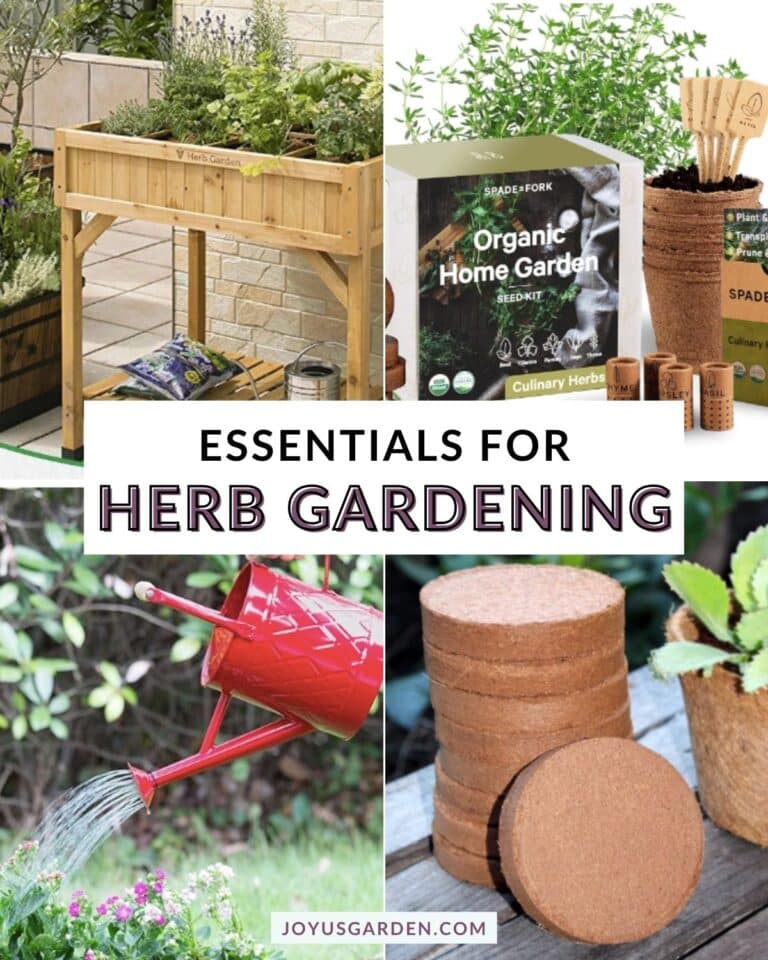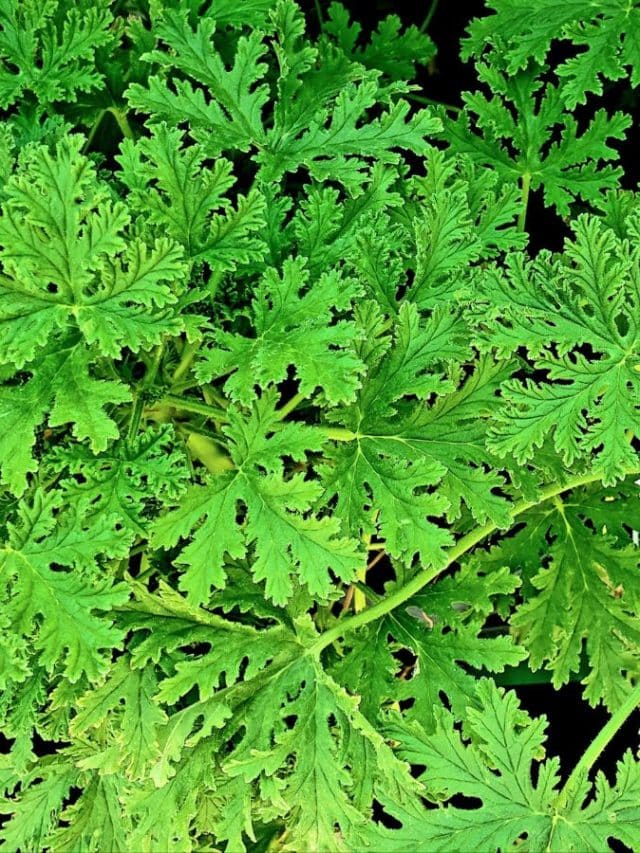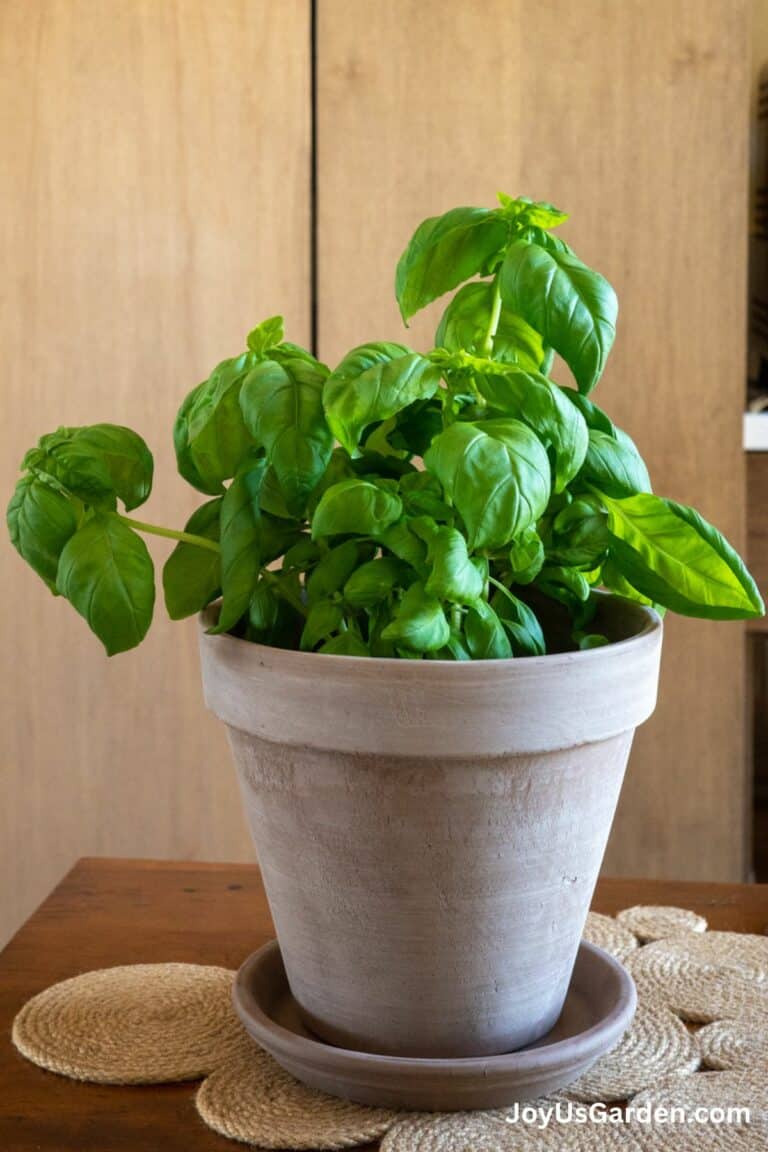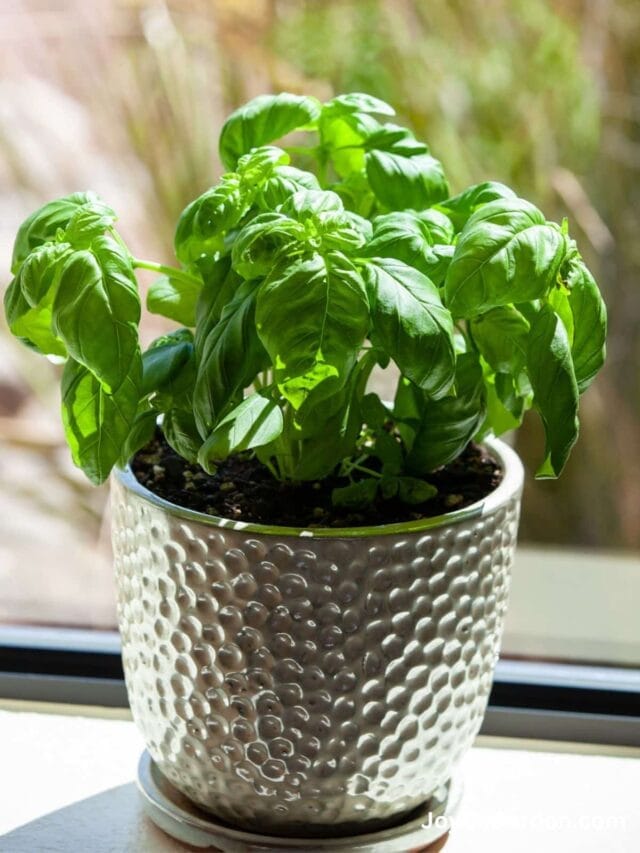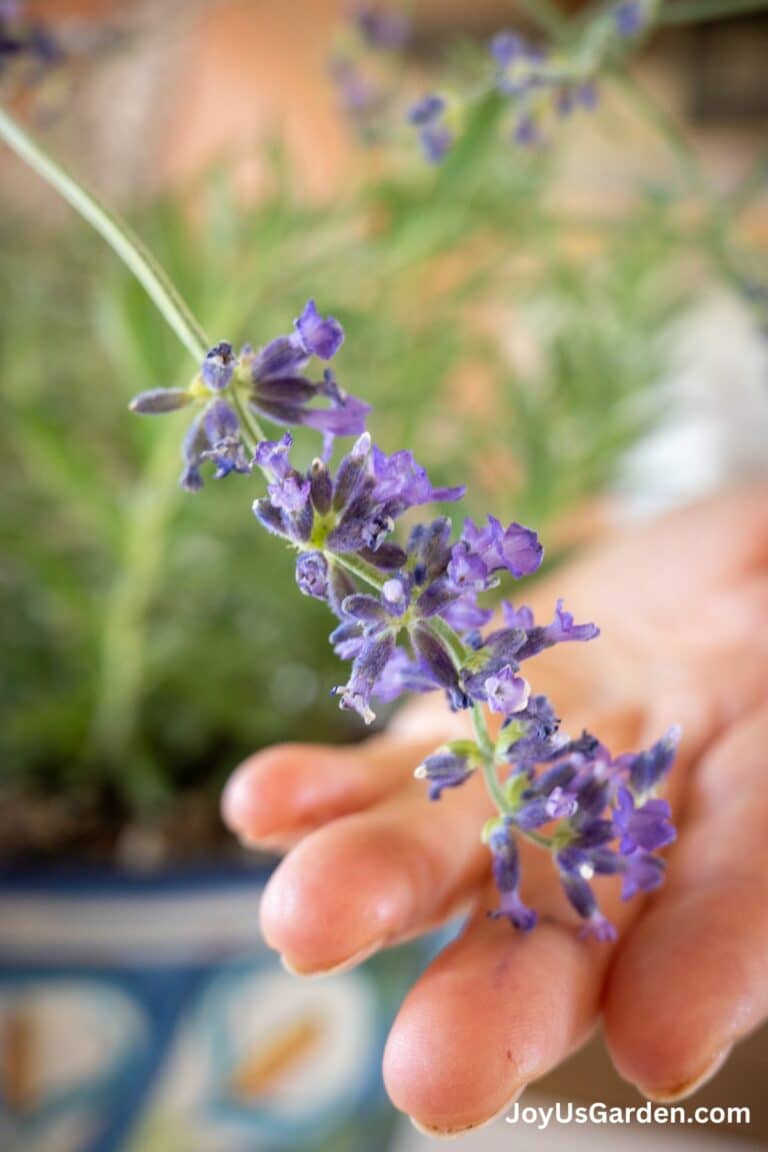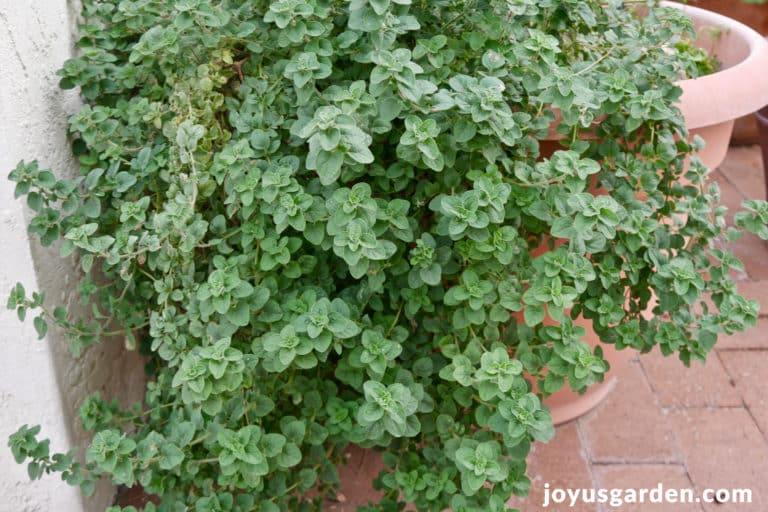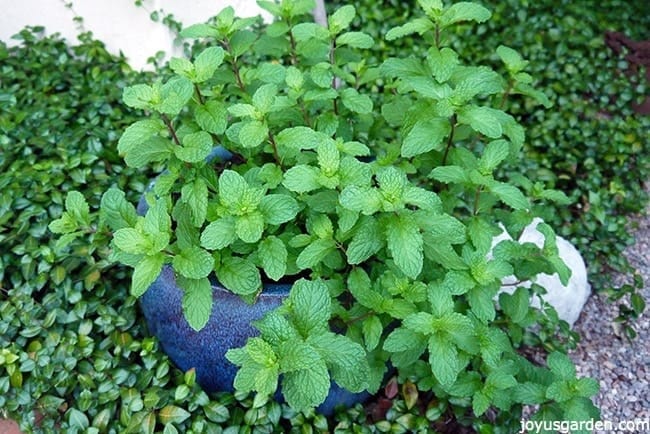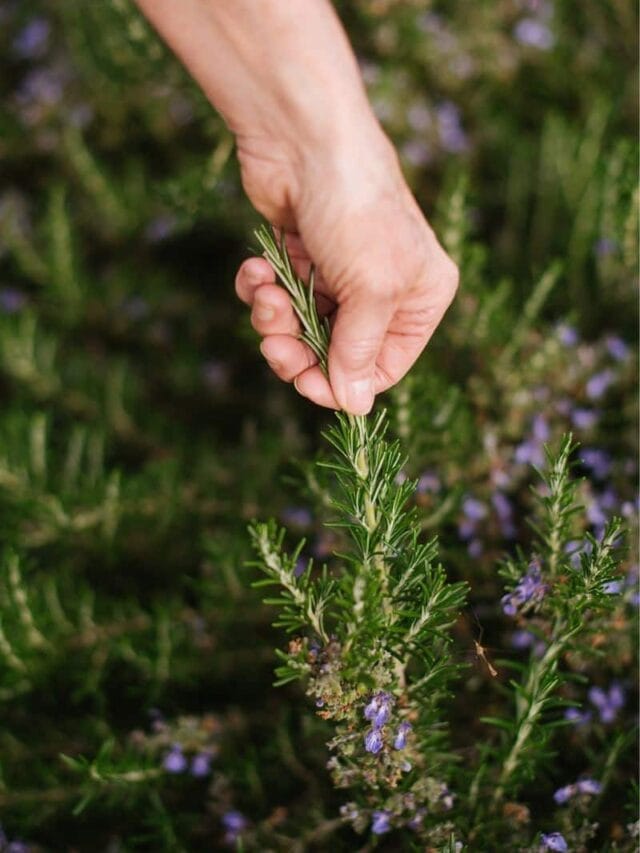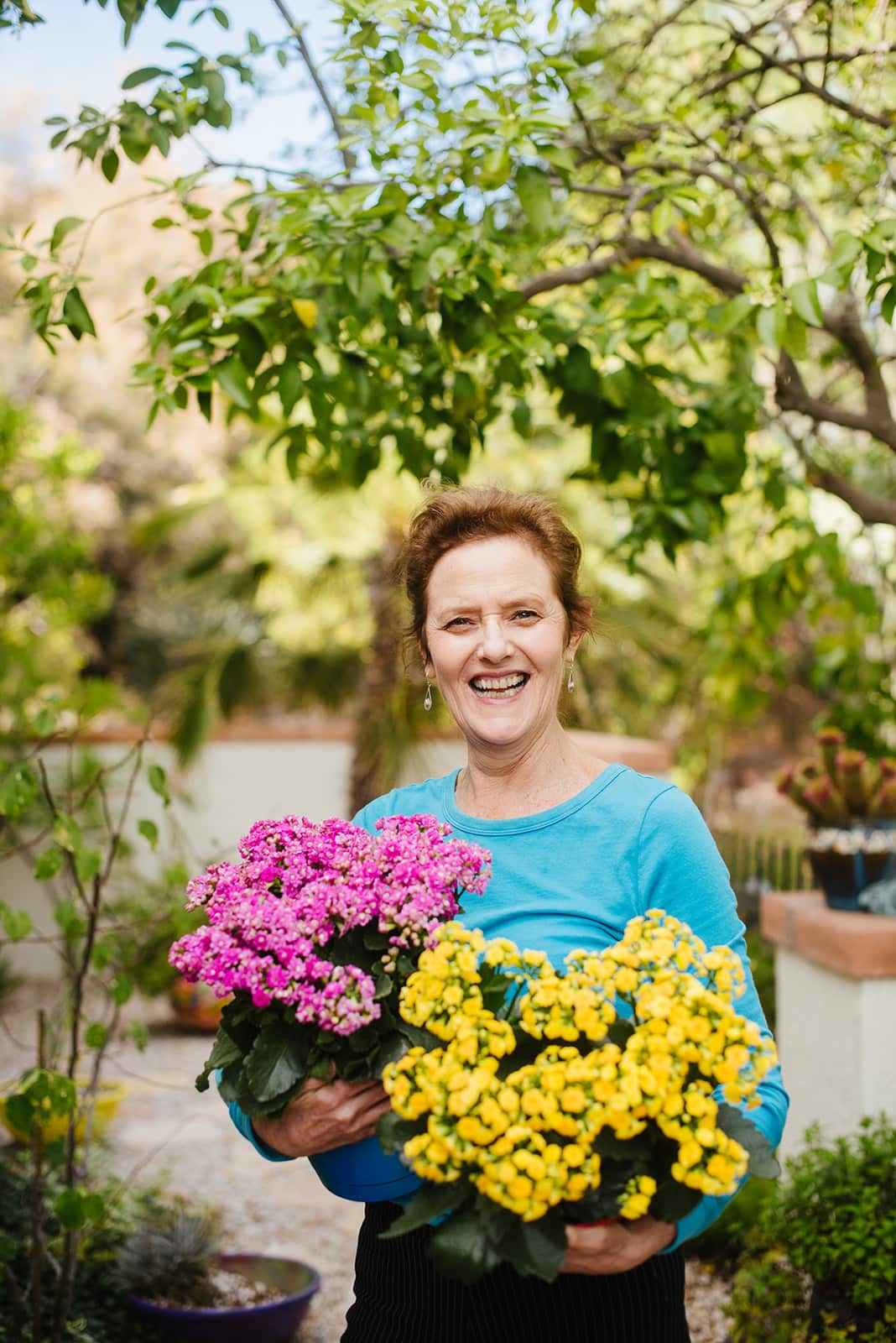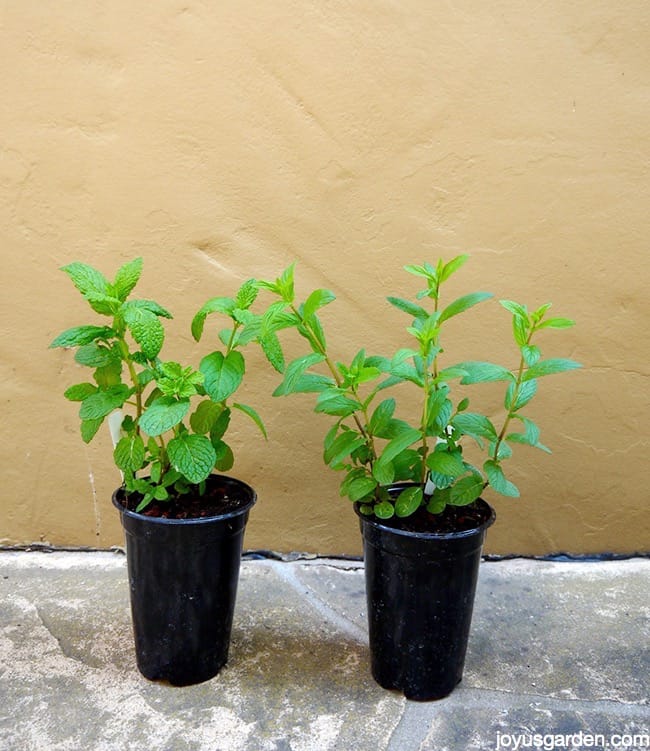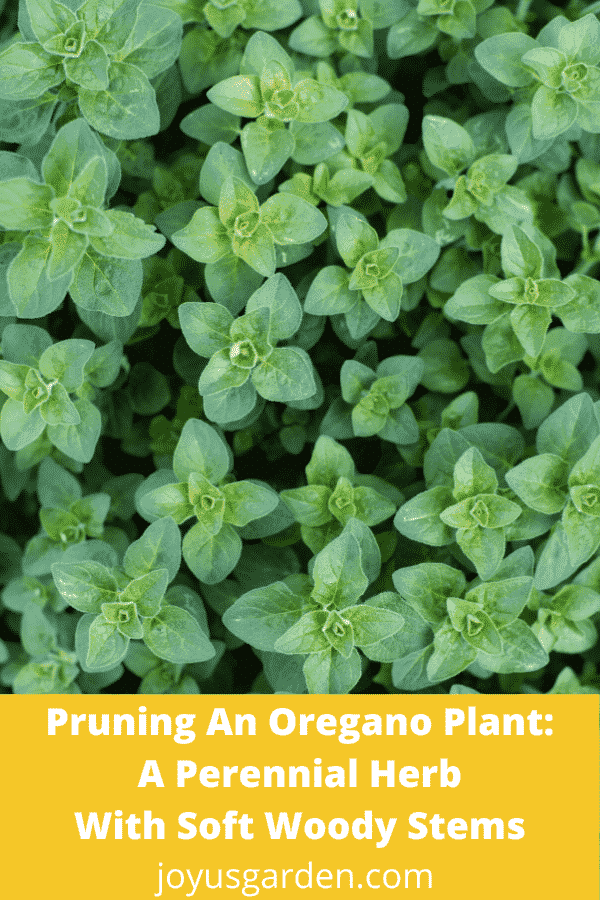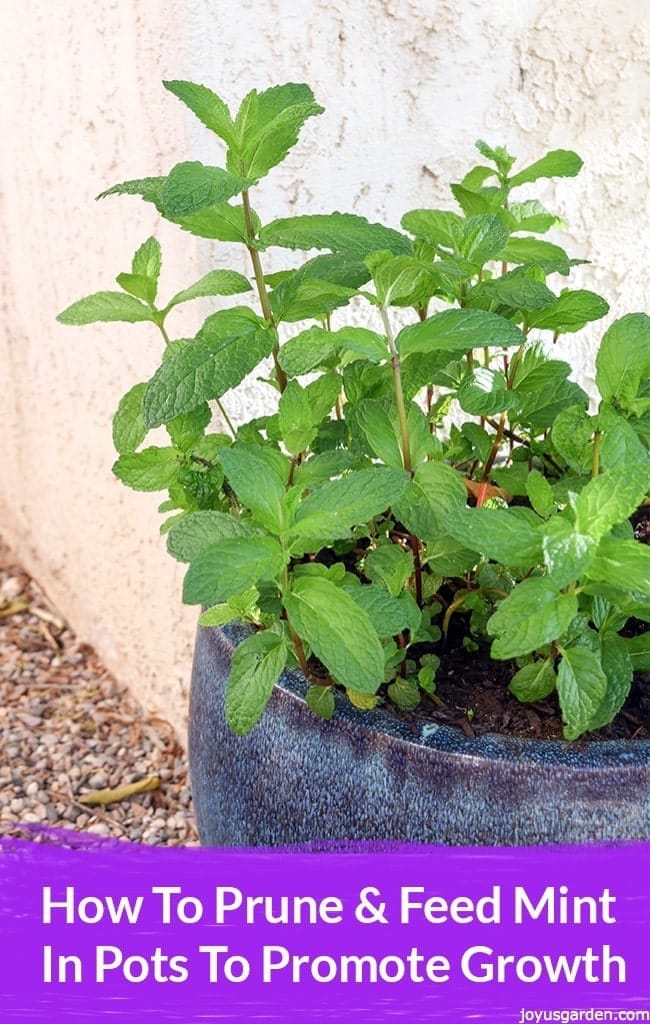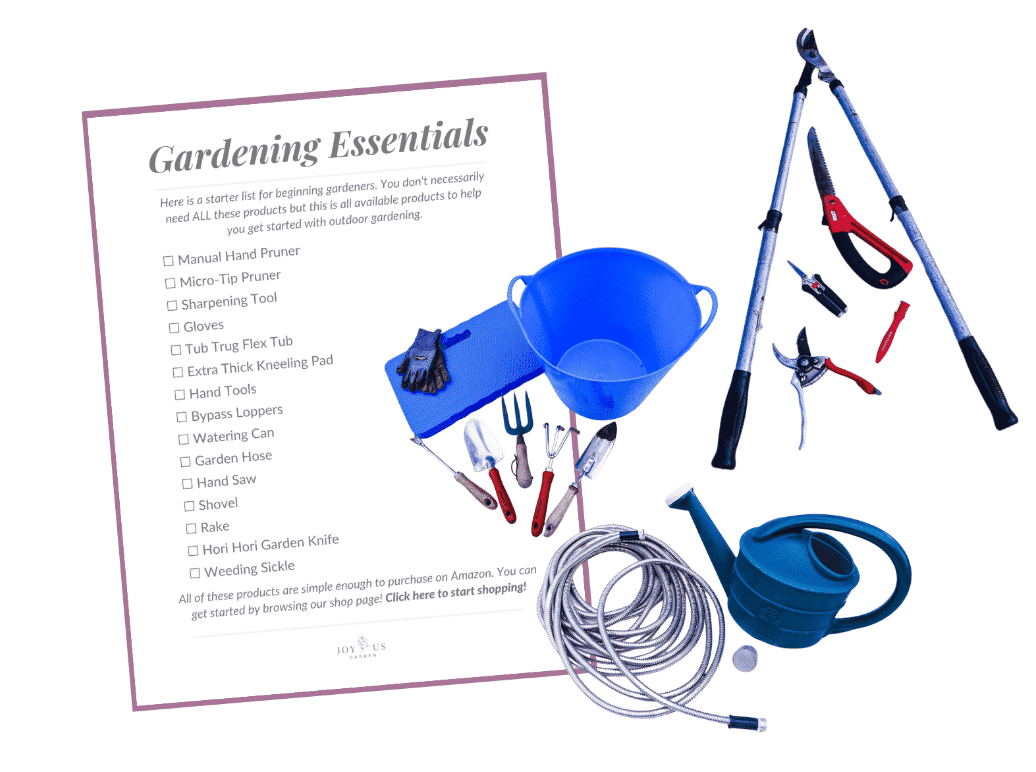Herb Gardening for Beginners: Guide to Growing Herbs
Are you thinking about starting your own herb garden? Or maybe you’ve already started but need some tips and guidance on how to make it thrive. Well, I’m here to help. As a fellow herb enthusiast, I’ve learned some things about growing herbs and want to share what I’ve learned with all the beginners over the years.
The most important thing in growing herbs is to start with the right ones and make sure they’re in the right location. Some herbs are easier to grow than others, especially for beginners. So, let’s cover the basics of herb gardening for beginners!
This post may contain affiliate links, you can read our policies here.
Herb Gardening For Beginners
Herb Garden Essentials: Tools To Start Growing Herbs
Whether you have experience growing herbs or are just starting to develop your green thumb, the world of herb gardening is quite rewarding. But let’s face it: even the most skilled gardeners need the right tools and supplies to cultivate their leafy companions successfully. This shopping guide delves into the herb garden essentials that will
Herbs for Cooking: 22 Essential Herbs for the Kitchen
Discover the freshest flavors for your culinary creations with our complete guide to herbs for cooking. These 22 herbs will take your food to the next level!
16 Plants and Herbs That Repel Mosquitoes
Wonder if there are natural ways to keep mosquitoes away? Here are 16 plants and herbs that repel mosquitoes for your garden, patio, or deck.
Top 13 Herbs For Full Sun
Herbs can be used in many ways and are easy to grow. Here’s a list of top herbs for culinary, cosmetic, and health uses for growing in the sun.
10 Best Herbs to Grow Indoors
Let’s all cultivate some green edible goodness in our homes. This is your complete guide to the ten best herbs to grow indoors.
Which Herbs Are Easiest To Grow For Beginners?
Some of the most useful herbs to grow for beginners include basil, parsley, chives, and mint. These herbs are relatively low maintenance and can be grown in small spaces in pots or on a sunny windowsill. Plus, they have a wide range of uses in cooking and can even provide other benefits.
All herbs are useful, and what you grow will depend upon what you want to use them for. I grow and use many herbs, but my top three favs are basil, mint, and thyme. Here are some of the most popular herbs to grow in your garden.
- Basil: This herb is a staple in many dishes, and luckily, it’s also very easy to grow. You can plant seeds indoors during colder months and transplant them outdoors when the weather warms up. I grow basil in my kitchen year-round, so if you don’t have an outdoor space, this is one to grow indoors. Basil loves warm and sunny weather, so make sure to give it lots of light.
- Mint: Another popular herb, mint is known for its refreshing taste and aroma. I recommend planting it in a pot as it tends to spread quickly. Don’t let the soil dry out; provide shade during the hottest part of the day. Mint can be started in a small pot, but because it spreads quickly, will soon need a bigger pot.
- Rosemary: This herb is useful in cooking. It has a lovely scent and can be used as a natural air freshener and hair rinse. Rosemary is a hardy plant in many climate zones (to 15F) that can tolerate tougher weather conditions, making it perfect for beginners. Just make sure to give it plenty of sunlight and well-draining soil.
- Parsley: This herb is a great addition to any dish and can be grown indoors or outdoors. It prefers cooler temperatures and moist soil rather than dry. It grows well in pots and doesn’t require much space.
- Chives: These thin, onion-flavored herbs are easy to grow from seed and thrive in pots and gardens. They’re also great companion plants and can help repel pests from other plants. Just make sure to give them enough sunlight and well-draining soil.
If you want to grow herbs from seeds Renee’s Garden is our go-to source. They also carry essentials for starting & growing herbs.
Types Of Herbs You Can Grow
Apart from the ones mentioned above, there are many other herbs that you can grow as a beginner. These include thyme, oregano, cilantro, lemon balm, and sage. It’s important to choose herbs that you have a favorable climate for.
- Culinary herbs: These are commonly used in cooking, such as basil, thyme, sage, and oregano.
- Medicinal herbs: These herbs have healing properties and can be used to treat various ailments. Examples include chamomile, lavender, and echinacea.
- Other types. Some herbs fall into the aromatic (monarda), beauty (lavender), and ornamental (germander) categories.
Annual Herbs vs Perennial Herbs
Annual herbs complete their life cycle from seed to flower to seed again in just one growing season. After that, they die. But don’t let this deter you – these herbs are quite prolific in their short lifespan! Some well-known annual herbs include:
- Dill: A great option if you love pickling. Dill is an annual herb that prefers cooler temperatures. It’s quite an aromatic plant, adding a kick to salads, soups, and pickles.
- Cilantro: It’s known for its strong flavor and is used widely in Mexican and South Asian cuisines. It’s an annual herb that does well in cooler weather. Plus, if you let it go to seed, you’ll get coriander.
- Basil: An absolute must in any herb garden, particularly for those who love Italian cuisine. There are many varieties of this annual herb, each with its own unique flavor.
Remember, although they’re called annual herbs, with some strategic sowing, you can enjoy their flavors all year round!
Perennial herbs are plants that come back year after year, making them a long-term investment for your garden. They require more space to grow and larger pots than do annual herbs. Here are some popular perennial herbs to consider:
- Rosemary: As mentioned earlier, this herb is tough and is well suited to Mediterranean gardens. There are many different types and varieties of rosemary on the market, so you have a lot to choose from.
- Thyme: This herb has a very distinct scent and flavor, making it perfect for seasoning meats, vegetables, and dressings. It’s also a great companion plant for repelling pests.
- Sage: With its earthy and slightly peppery flavor, sage is often used in stuffing and sauces. It prefers well-drained soil and lots of sunlight.
Growing Basil In Pots: Basics For Indoors & Outdoors
If you’ve ever thought about growing basil in pots, this guide will teach you how to grow sweet basil, Thai basil, lemon basil, and other favorites in a small container garden. A must-have ingredient if you love pesto or Caprese salad, fresh basil is a popular herb that can be easily grown indoors or outdoors.
Growing Rosemary: How to Care for this Culinary Shrub
Rosemary is a woody perennial evergreen herb commonly sold as a shrub. The pungently scented foliage is like a wake-up call when inhaled. It’s internally and externally beneficial and is frequently enjoyed in the culinary trade.
Potted Lavender: How To Grow Lavender Plants In Pots
If you’re looking for a fragrant addition to your garden, patio, or balcony, put potted lavender towards the top of your list. It’s loved worldwide for its scented flowers and foliage, and there are many types and varieties of lavender to choose from.
Pruning An Oregano Plant: A Perennial Herb With Soft Woody Stems
Oregano is a perennial herb that can grow quite large and a bit woody. It benefits from regular pruning. My neighbor’s hadn’t been pruned in years, so I gave it a good haircut. See how I did it.
Tips for Growing Mojito Mint
My favorite herb is a toss-up between mint, basil, and thyme. Mint might be the winner because it’s the one I use almost daily. I grow spearmint and mojito mint – here are tips on growing the latter, but these can be applied to all mints.
Tips For Growing Herbs Successfully
Now that you know which herbs to start with, here are some tips to help you grow them successfully:
Choose A Good Location
Most herbs prefer lots of sunlight, so choose a spot that receives at least 6 hours of direct sunlight. If you’re growing them indoors, place them near a south-facing window. Herbs like parsley, cilantro, sweet woodruff, and mint do well in part sun, so be sure to research what you’re planting.
Use Well-Draining Soil
Herbs don’t like to sit in soggy soil and do best in soil that drains well and is aerated. You can also mix in some compost or organic matter to provide nutrients.
Water Regularly
While herbs don’t like soggy soil, they also don’t like to dry out completely. Make sure to water them more frequently during hot and dry weather.
Prune Regularly
To keep your herbs healthy and promote growth, prune them regularly by snipping off the tops of the stems. This will also help prevent them from becoming too leggy. Depending on your climate zone, most perennial herbs need to be pruned in spring to remove dead growth and encourage new growth.
Harvest Properly
When harvesting your herbs, snip off only what you need, and don’t remove more than one-third of the plant at a time. This will allow the plant to grow and produce new leaves during the growing season.
Common Herb-Growing Mistakes
As a budding herb gardener, you’re bound to make a few mistakes along the way, but that’s part of the fun, right? Here are some common missteps that beginners can easily avoid:
- Overwatering: Herbs don’t like to have wet feet. Most herbs, especially Mediterranean ones like rosemary and thyme, need well-drained soil and like being a bit on the dry side. Remember, it’s easier to add water than to take it away.
- Not enough sunlight: Most herbs love the sun, and not getting enough light can lead to leggy plants with less flavor. Ensure your herbs get at least six hours of sunlight each day. Some herbs do best in afternoon shade in hotter climates, so research before planting.
- Planting in poor soil: Good soil is the foundation of a healthy garden. Don’t overlook the importance of soil preparation, which includes adding organic matter or compost for nutrients. Use high-quality potting soil suitable for container planting. My choices are Happy Frog and Ocean Forest.
- Planting them too close: Some herbs get larger than others and can easily overtake. Pay attention to how large each one grows, and plant accordingly.
- Ignoring pests: Even the best cared-for gardens can have problems with insects. Keep an eye out for signs of pests and deal with them promptly to prevent them from spreading. Many can be controlled with a spray of water from the garden hose if you catch them early on.
- Harvesting too little or too much: Herbs benefit from regular harvesting, as it encourages new growth. However, always leaving at least 1/3 of the plant intact allows for healthy regrowth. If you don’t harvest, the plant becomes leggy, misshapen, and goes to seed too early.
If you want to grow herbs from seeds Renee’s Garden is our go-to source. They also carry essentials for starting & growing herbs.
So there you have it, some tips and advice on herb gardening for beginners. Trust me, once you start growing your own fresh herbs, you’ll never want to go back to store-bought ones!
Happy gardening,

- About the Author
- Latest Posts
Nell, the founder of Joy Us garden, was born into a gardening family and grew up in Connecticut’s countryside. After living in Boston, New York, San Francisco, & Santa Barbara, she now calls the Arizona desert home. She studied horticulture & garden design, working in the field all her life. Nell is a gardener, designer, blogger, Youtube creator, & author. She’s been gardening for a very long time & wants to share what she’s learned with you.
